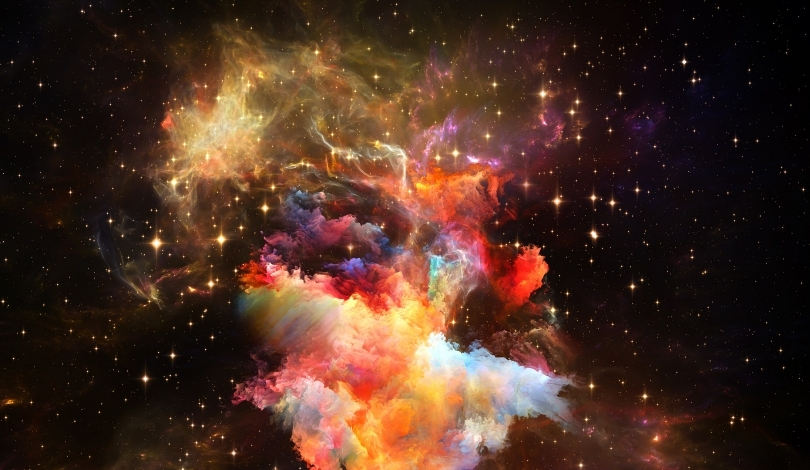New research suggests black holes may be the underlying cause of dark energy, a mysterious force driving the Universe’s accelerated expansion. By analyzing data from the Dark Energy Spectroscopic Instrument (DESI), scientists observed a correlation between the growth of black holes and the density of dark energy. This study offers a fresh perspective on cosmic expansion and its fundamental drivers.
Dark energy was previously considered an inherent property of space without a clear origin. Various theories have attempted to explain its existence, but concrete evidence remained elusive. The proposition that black holes contribute to dark energy introduces a novel approach, potentially bridging gaps in our understanding of the Universe’s accelerated expansion.
How Do Black Holes Influence Dark Energy?
The research team, including Professor Gregory Tarle from the University of Michigan, proposed that black holes could reverse the mechanisms that drove the early Universe’s inflationary expansion.
“Where in the later Universe do we see gravity as strong as it was at the beginning of the Universe?”
Tarle explained that the intense gravitational forces at black hole centers might convert collapsing matter into dark energy.
What Evidence Supports This Theory?
Data from DESI’s first year of operation revealed that dark energy density has been increasing over time. This trend aligns with the observed increase in the number and mass of black holes across cosmic history. Such a correlation suggests a potential causal relationship between black holes and the acceleration of the Universe’s expansion.
What Are the Next Steps for Research?
To validate this theory, further observations are necessary to track black hole growth and quantify their impact on dark energy. DESI, mounted on the 4m Mayall telescope at Kitt Peak National Observatory, will continue its surveys of tens of millions of galaxies. Continued collaboration among astronomers and cosmologists will be essential to explore this hypothesis’s viability fully.
The connection between black holes and dark energy represents a significant development in cosmology. By potentially identifying the source of dark energy, this research could bridge gaps in our understanding of cosmic expansion. Future studies will determine the robustness of this theory and its implications for cosmological models.










